During his career, Ho Chi Minh used the press as a sharp weapon, a means to "change the regime".

Founder of revolutionary journalism
In the history of Vietnamese journalism, since the 60s of the 19th century, there was the Gia Dinh newspaper printed in the national language along with a number of other newspapers published in Saigon, Hanoi ... At the beginning of the 20th century, Vietnamese journalism developed more strongly with the appearance of newspapers such as Luc Tinh Tan Van (1907), Dong Duong Magazine (1913), Nam Phong Magazine (1917), all of which were newspapers with progressive and enlightened tendencies, but there was not yet a newspaper to propagate and mobilize the masses to make a revolution to liberate the nation according to a unified line.
To create the strength to overthrow colonialism and imperialism, there is no other way but to unite the nation. President Ho Chi Minh affirmed: "The press is a sharp revolutionary weapon" and it has the ability to strongly influence the thoughts, feelings and behaviors of the public, helping to change perceptions and promote the revolutionary process. The press is a tool to convey information and revolutionary messages to the masses.
It is also necessary to add that before launching Thanh Nien Newspaper printed in the national language in Guangzhou, the revolutionary Nguyen Ai Quoc - Ho Chi Minh founded Le Paria in 1921 in France. Nguyen Ai Quoc and a number of comrades founded the Colonial Union and in 1922 established Le Paria as the mouthpiece of the Association. Le Paria practiced the spirit of human liberation, the first issue was published on April 1, 1922. Nguyen Ai Quoc became the pillar of the newspaper: he was a reporter, photographer, chief editor and also in charge of management and distribution.
Thanh Nien Newspaper No. 1 was published on June 21, 1925, and by April 1927, 88 issues had been published in Vietnamese. He directly directed, edited and wrote many political articles. Thanh Nien Newspaper clearly pointed out the fierce conflicts between our people and the French colonialists, affirmed the correctness of the armed revolutionary path, opposed the "reform" path; determined the "revolutionary force" as "the entire people", in which workers and peasants were the foundation and base.
Thanh Nien Newspaper helps people clearly see the revolutionary path, determines that revolutionaries must sacrifice for the cause and must have correct revolutionary methods, needs the leadership of the Communist Party, needs mass organizations, especially worker-peasant organizations, and affirms that the Vietnamese revolution must follow the Russian October Revolution to achieve victory.
In December 1926, Uncle Ho founded the Cong Nong Newspaper for the working class and peasants of our country. In February 1927, the Linh Kach Menh Newspaper (the predecessor of today's Quan Doi Nhan Dan Newspaper) for the revolutionary soldiers was also founded by Uncle Ho. The newspapers published openly or secretly from 1922 to 1929 founded by Uncle Ho abroad all focused on the fundamental issue of propagating the revolutionary ideology of Marxism-Leninism, preparing the theoretical and practical foundation for the establishment of a new type of communist party with enough capacity and political courage to lead the people to rise up to break the yoke of French colonialism, and gain independence, freedom and happiness for the people.
After the Communist Party of Vietnam was born, Uncle Ho founded the Red magazine published on August 5, 1930, and was also the leader and close collaborator of Party newspapers such as Hammer and Sickle, Struggle, Voice of Ours... with many articles and many different pen names. He also fundamentally reorganized and changed the name of Dong Thanh newspaper to a revolutionary newspaper called Than Ai. In early 1941, Uncle Ho returned to the country and proposed to the Central Executive Committee to establish the Independent Vietnam Newspaper (1941) and the National Salvation Newspaper (1942).
After the 2nd National Party Congress in February 1951, the Truth Newspaper (the predecessor of Nhan Dan Newspaper) stopped publishing. Uncle Ho directed the establishment of Nhan Dan Newspaper - a more practical, closer, and more extensive press agency. The first issue was published on March 11, 1951.
The great teacher of journalists
President Ho Chi Minh paid special attention to the development of Vietnam's revolutionary press. Not only did he found newspapers and write articles for them himself, but he also attached great importance to training journalism staff.
In addition to founding and directing activities, President Ho Chi Minh was also a very enthusiastic collaborator. In Nhan Dan Newspaper, from issue 1 on March 11, 1951 to issue 5526 on June 1, 1969, he had 1,206 articles in the newspaper with 23 different pen names. Along with that, with his own knowledge and experience, Uncle Ho wholeheartedly guided journalists as a colleague, a friend, a brother, a teacher.
On August 17, 1952, during a talk at the Central Party School in the Viet Bac forest, President Ho Chi Minh clearly raised four basic issues before the press cadres: “Write for whom? Write for what? Write what? Write how?” and gave detailed and appropriate solutions to those issues. Now in the digital transformation era, thinking back, those are golden words for journalists and never get old.
At the 3rd Congress of the Vietnam Journalists Association in September 1962, Uncle Ho frankly criticized the shortcomings of the country's press at that time: "Articles are often too long", "long-winded", "not suitable for the level and time of the masses...", "Often speaking one-sidedly and sometimes exaggerating achievements, but little or not speaking properly about our difficulties and shortcomings...", "Reporting news hastily, often lacking caution...", "Lack of balance: News that should be long is written short, news that should be short is written long, news that should be later is put first, news that should be earlier is put later"... But he also always affirmed the great value of the press: "The press is a tool for propaganda, agitation, organization, leadership...", "The press is a sharp, quick, mass weapon, serving promptly...".
Ho Chi Minh was always a model of humility in learning and being willing to correct his own writing. He "gave everything he wrote to a comrade to review, and if there were any difficult words, his comrades would often ask him to correct them."
The press can present different arguments, analyses and perspectives on social issues, helping the public better understand the issues at hand and thereby form new perceptions. Through articles, images, and videos, the press can create strong emotions, helping the public sympathize with and support revolutionary goals. The press can encourage and promote specific actions, such as participating in revolutionary activities, supporting progressive policies, or fighting for one's rights.
He considered the press an important information channel to convey the messages, policies and guidelines of the Party and the State to the people, helping them better understand the revolutionary goals and support them. The press can vividly and objectively reflect on social issues, helping the public grasp the real situation and make accurate assessments and judgments.
Nowadays, in the process of streamlining the payroll and improving the effectiveness of the administrative apparatus, the press plays a role in monitoring the activities of state agencies, organizations and individuals, helping to ensure fairness, transparency and responsibility. The press can promote solidarity and unity among the people, helping them fight together for common goals.
The press is not only a means of communication but also a sharp revolutionary weapon because it has the ability to strongly influence the thoughts, feelings and behaviors of the public, helping to promote the revolutionary process and build a better society. Especially in the process of transforming and restructuring the administrative apparatus to bring the country into a new era, an era of rising up to stand shoulder to shoulder with the world powers as Uncle Ho wished.
Source: https://hanoimoi.vn/ky-niem-100-nam-bao-chi-cach-mang-viet-nam-21-6-1925-21-6-2025-bao-chi-la-vu-khi-cach-mang-sac-ben-705718.html


![[Photo] Prime Minister Pham Minh Chinh receives the Chairman of the Japan-Vietnam Friendship Association in the Kansai region](https://vphoto.vietnam.vn/thumb/1200x675/vietnam/resource/IMAGE/2025/11/03/1762176259003_ndo_br_dsc-9224-jpg.webp)


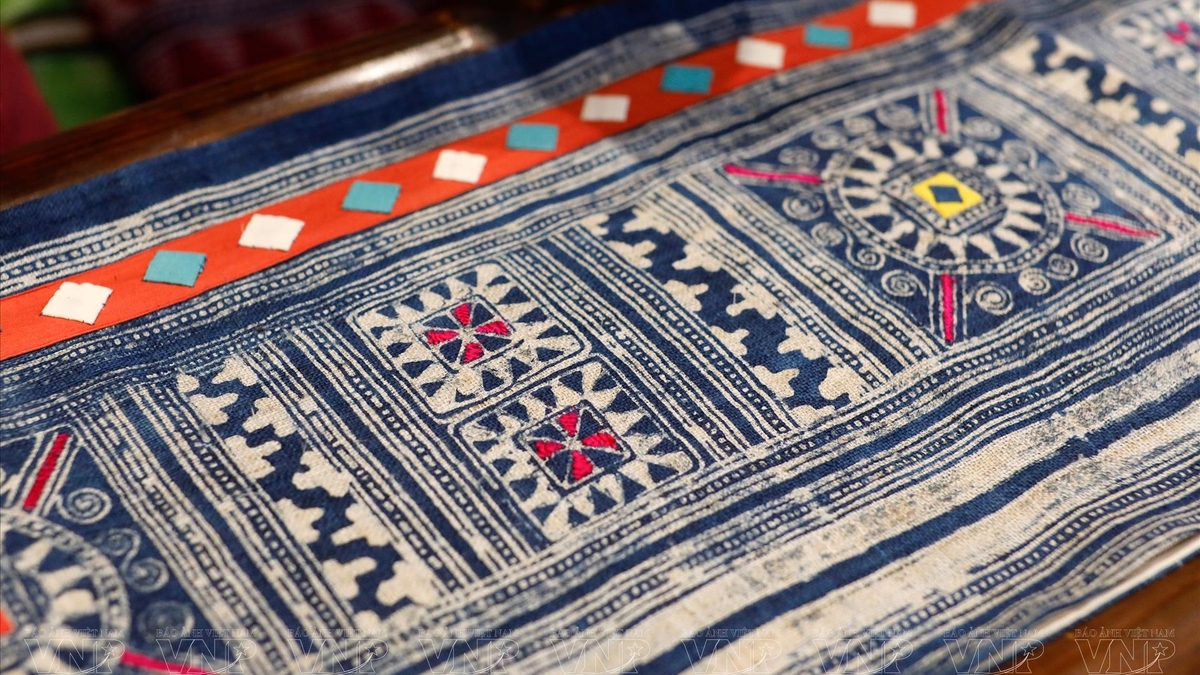
![[Photo] Lam Dong: Close-up of illegal lake with broken wall](https://vphoto.vietnam.vn/thumb/1200x675/vietnam/resource/IMAGE/2025/11/03/1762166057849_a5018a8dcbd5478b1ec4-jpg.webp)
![[Photo] General Secretary To Lam receives Singaporean Ambassador Jaya Ratnam](https://vphoto.vietnam.vn/thumb/1200x675/vietnam/resource/IMAGE/2025/11/03/1762171461424_a1-bnd-5309-9100-jpg.webp)


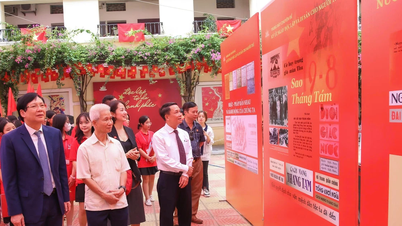
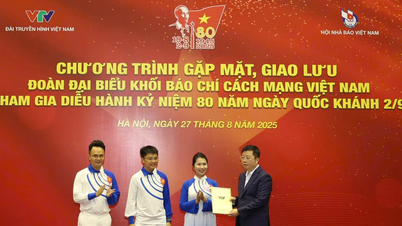

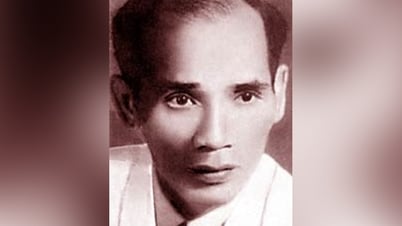


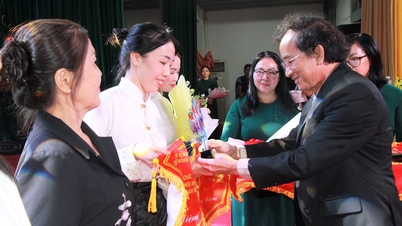

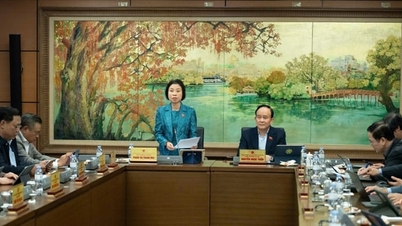


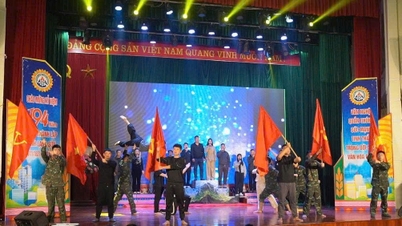

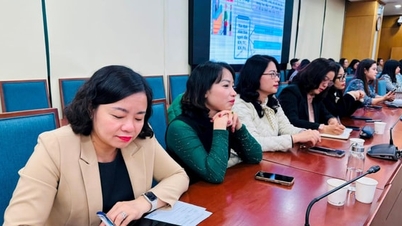
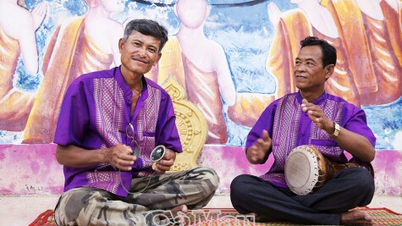





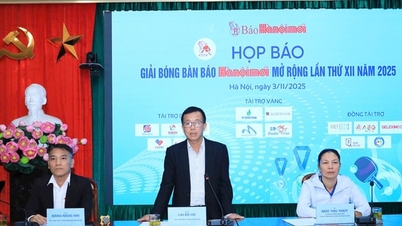
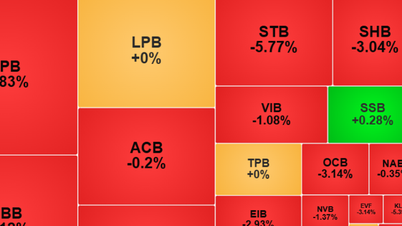
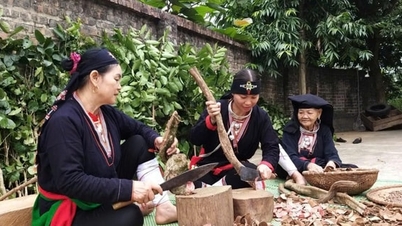
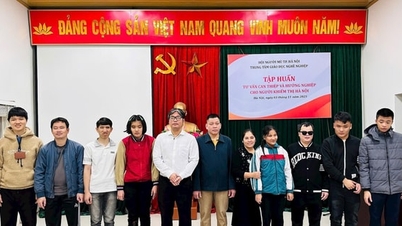
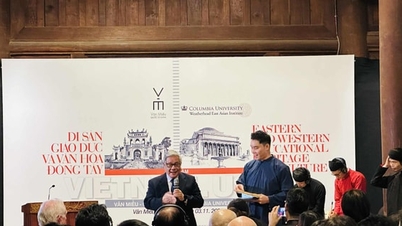
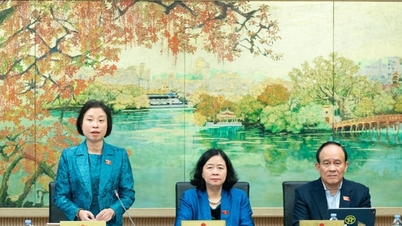







































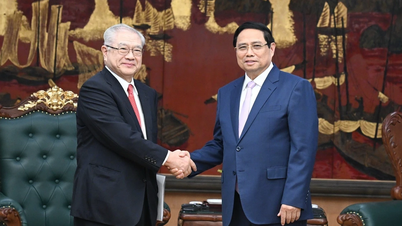

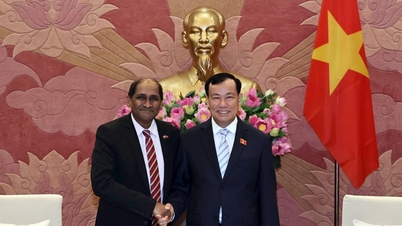



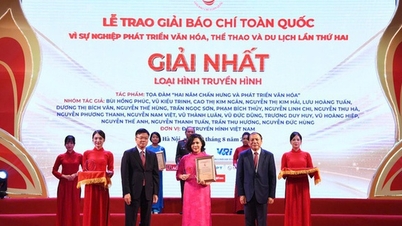



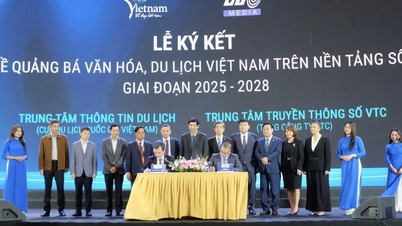








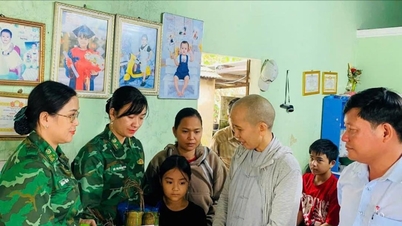

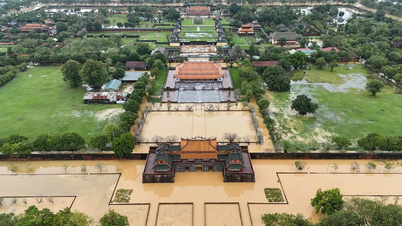











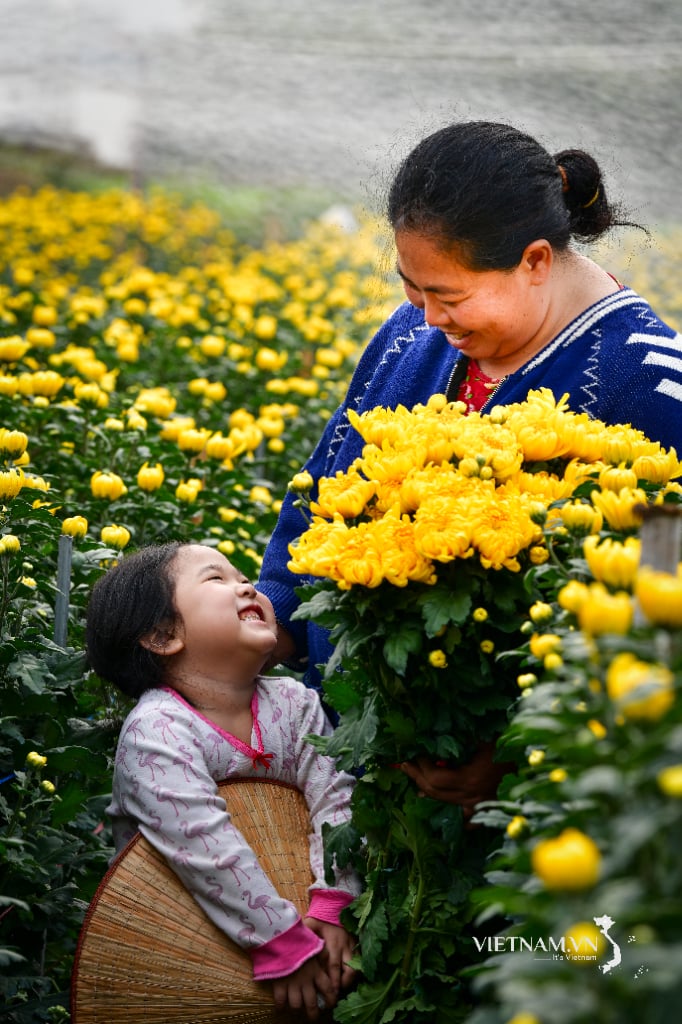


Comment (0)